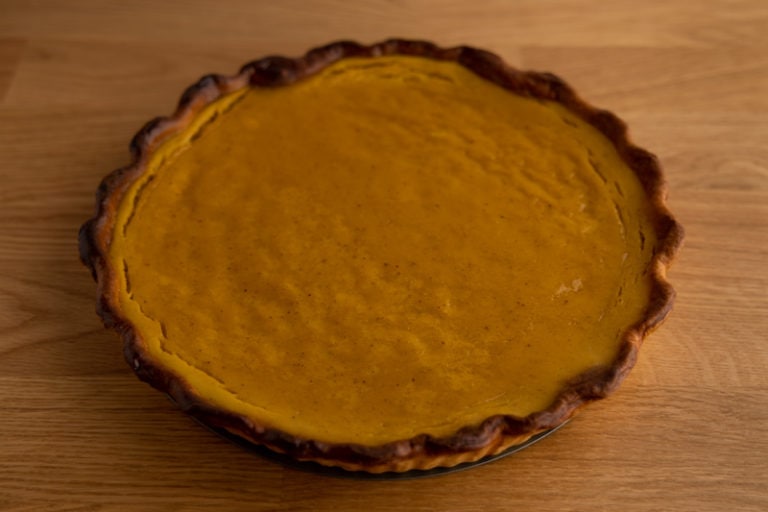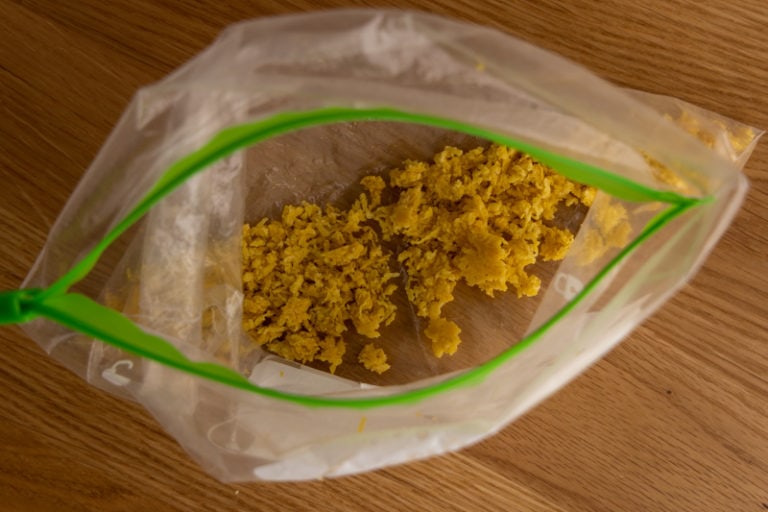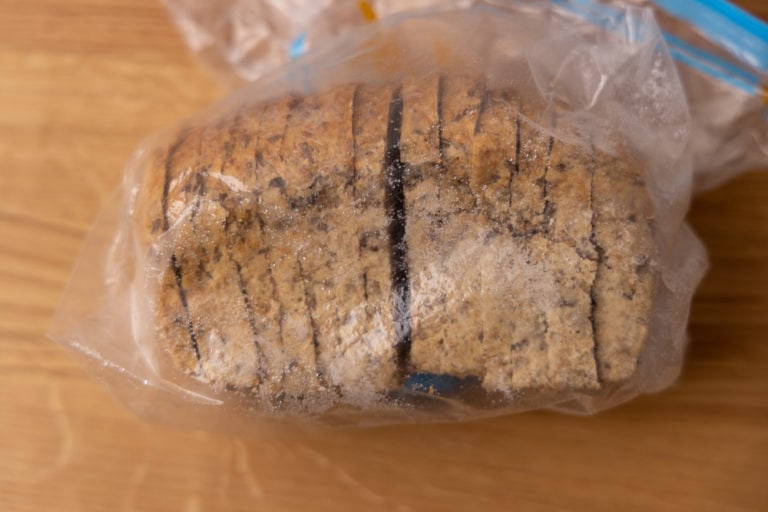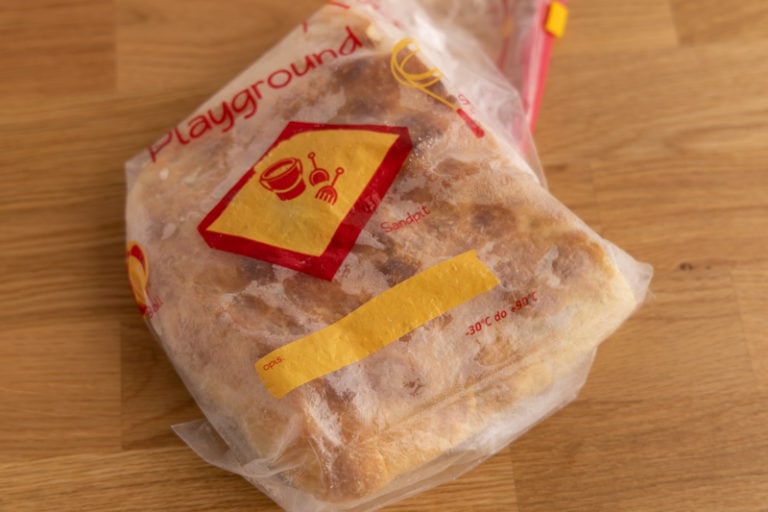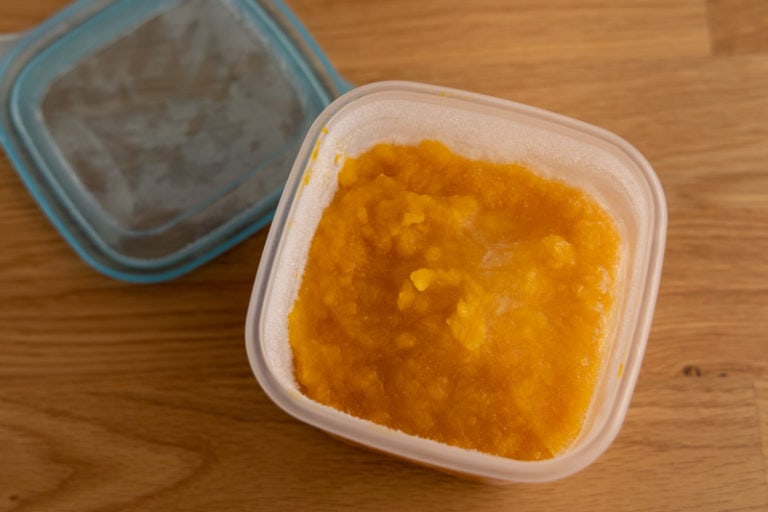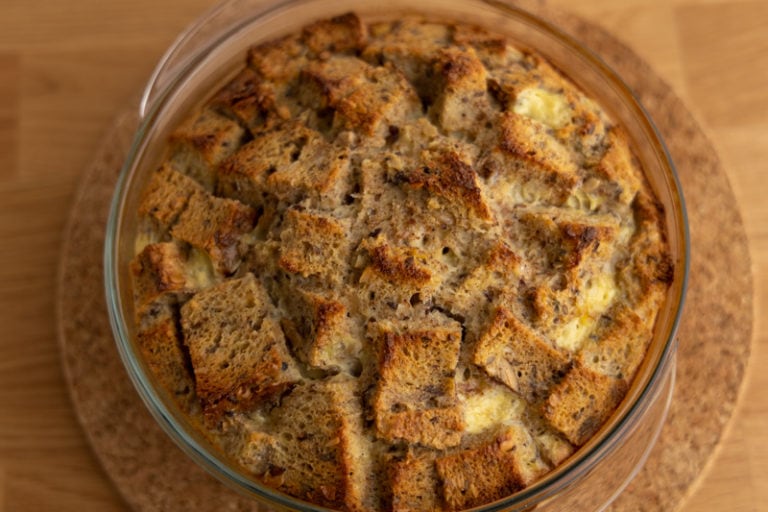How Long Do Cupcakes Last?
Here’s all about the shelf life, storage practices, and spoilage of cupcakes. Learn how long they last, whether or not you should refrigerate them, and when to toss them.
Bought or baked a bunch of cupcakes, and not sure how many days they can sit around before they go stale? How long do cupcakes last, exactly?
Or perhaps you’re wondering if you should store your cupcakes in the fridge. Many articles say you should keep them on the counter, but that doesn’t seem quite right for cupcakes with buttercream topping.
Sounds interesting?
If so, this article is for you. Continue reading.
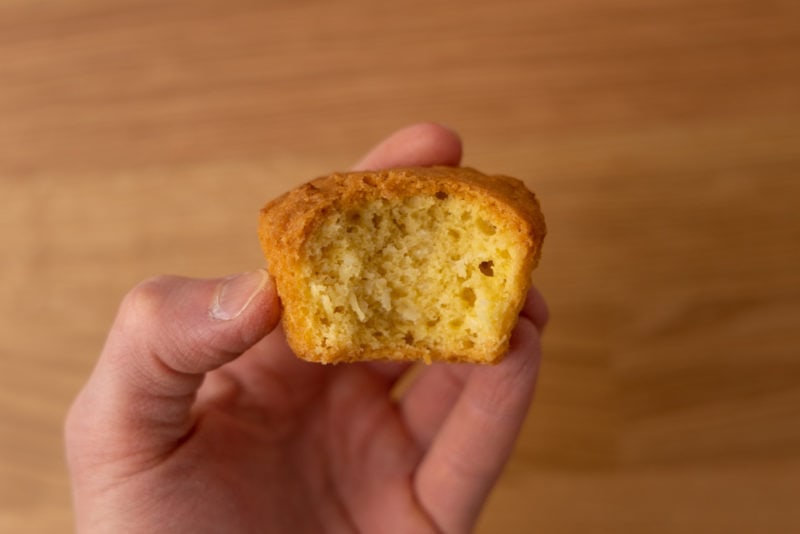
Do Cupcakes Need To Be Refrigerated?
In most cases, cupcakes don’t require storing them in the fridge. However, if yours are frosted or filled, and either contains eggs, dairy, or custard, refrigeration is in order.
Despite many people suggesting always storing cupcakes on the counter, I recommend chilling in the refrigerator those that meet the mentioned criteria.
Think about it. If you made some whipped cream or buttercream, you wouldn’t leave it on the counter, right? So it only makes sense that if you put that frosting onto a cupcake, it should be refrigerated as well.
Sure, you can most likely get away with leaving cupcakes with buttercream frosting at room temperature for a day, but I wouldn’t risk it.
If your cupcakes contain any fruit-based filling, eat them within two days or refrigerate them. Such filling is likely to grow mold after a couple of days at room temperature.
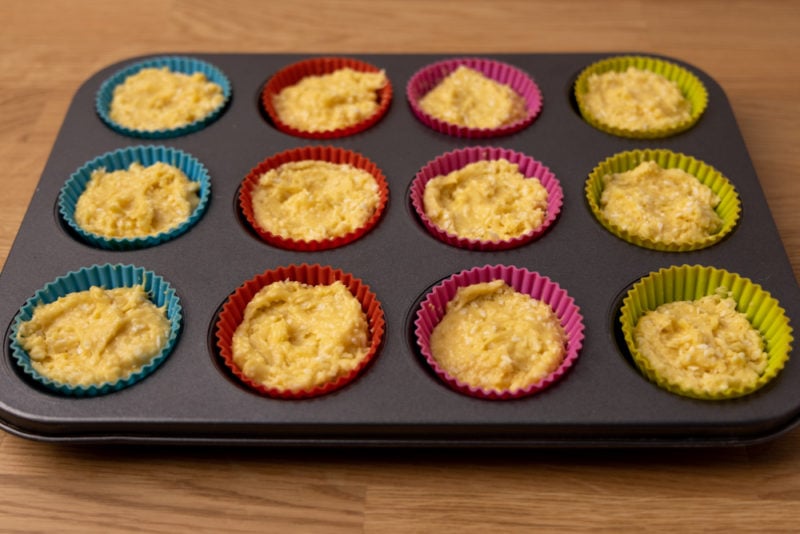
The issue with refrigerating cupcakes is the same as with refrigerating muffins – the fridge dries out baked goods much faster than ambient temperature.
The best solution to that (that I know of) is to store the frosting (or filling) and the cupcakes separately. This way, both retain the best quality for the longest.
The only issue is that you need to add the frosting or filling before you serve them. Plus, that’s not an option if you’re buying your cupcakes.
If you’re making homemade cupcakes, always check what the recipe’s author suggests when it comes to storage practices. For example, Heather from The Toasty Kitchen recommends refrigerating her strawberry-filled cupcakes with buttercream.
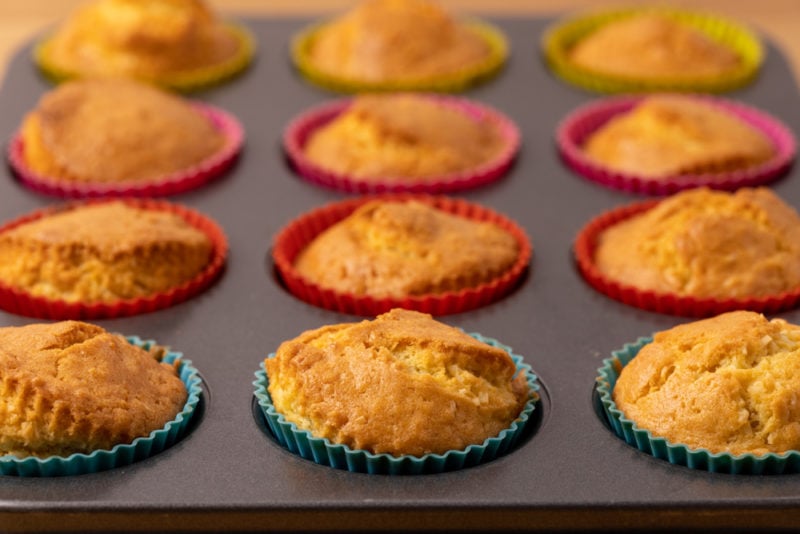
How Long Do Cupcakes Last?
Cupcakes retain quality for two days up to a week, depending on the type. Frosted cupcakes and ones with any filling retain the best quality for 2 to 4 days, while plain unfrosted cupcakes keep for up to a week on the counter. Cupcakes filled or frosted with eggs or dairy typically last for 3 to 5 days in the fridge.
Ideally, you want to go with whatever the recipe’s author or the clerk in the bakery suggests. But since you’re here, you probably don’t have access to that info. That’s when the guidelines above come into play.
As you can tell, they are vague, accomodating pretty much any type of cupcake out there. And if you’re not sure which category yours fall into, you should be fine if you go with the “eat your cupcakes within two days” rule of thumb.
If you need more time than what I recommend in the table below, freeze your cupcakes. Nine out of ten times, they will turn out great.
| Counter | Fridge | Freezer | |
|---|---|---|---|
| Cupcakes w/ filling or frosting that includes dairy or eggs | 3 – 4 days | 3+ months | |
| Cupcakes w/ fruit filling or room temp safe frosting | 2 – 4 days | 3-5 days | 3+ months |
| Plain unfrosted cupcakes | 5 to 7 days | 3+ months |
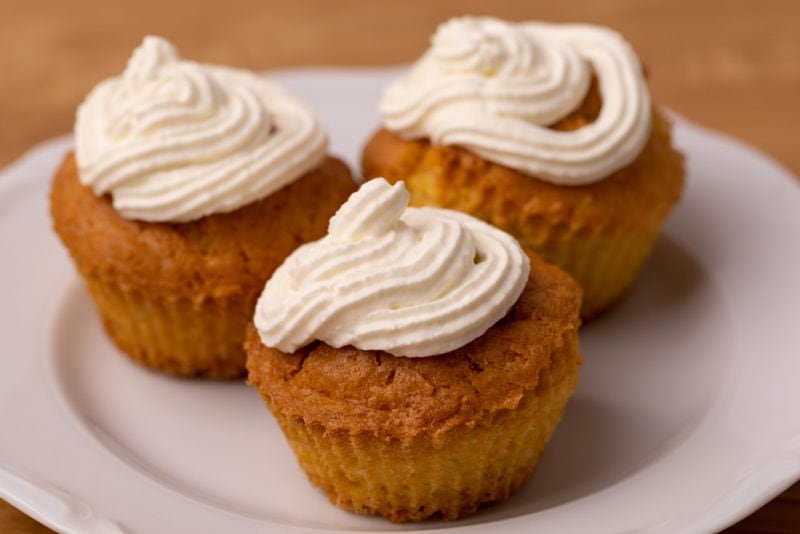
How to Tell if Cupcakes Are Bad?
Let’s say you sometimes forget about your cupcakes (I know I don’t). And then they sit in storage for a couple of days. When should you discard them?
There are a couple of things to pay attention to:
- Mold. If there are any signs of fuzz, either on the surface of the cupcake or the frosting, that little guy is done for.
- Off smell. I’ve never had cupcakes that smelled foul in any way, but if yours do, discard them.
- Too long storage time. If your raspberry-filled frosted cupcakes sit on the counter for a week already, toss them for safety purposes. They might still be okay, but you never know.
- Quality. If nothing bad seems to be going on with the cupcakes, the last thing to look at is the quality. After prolonged storage, your cupcakes might be dry or taste stale. Or maybe the frosting is melting or losing its shape. If any of these bother you, it’s good enough reason to throw out these cupcakes.
As per usual, if you’re not entirely certain your cupcakes are safe to eat, toss them out.
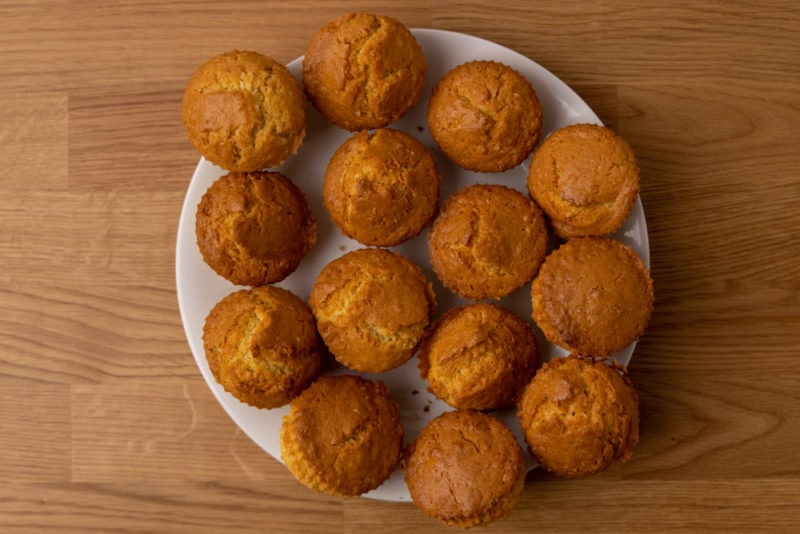
How To Store Cupcakes
Keep cupcakes with frosting or filling that includes eggs, dairy, or custard refrigerated. If yours don’t contain either, or you have plain unfrosted cupcakes on hand, you can store them at room temperature. Whichever storage spot you choose, place your cupcakes in an airtight container and keep them sealed.
But before you transfer your cupcakes anywhere, make sure they cool completely. If you baked them yourself, let them sit on a wire rack for like an hour so that they release all the steam.
Putting your cupcakes into a container before they cool down will likely cause condensation, and you’ll end up with soggy cupcakes.
When it comes to removing them from their cupcake cases, it’s up to you. I use my silicone muffin molds for cupcakes and remove the baked goods from them soon after they’re finished baking.
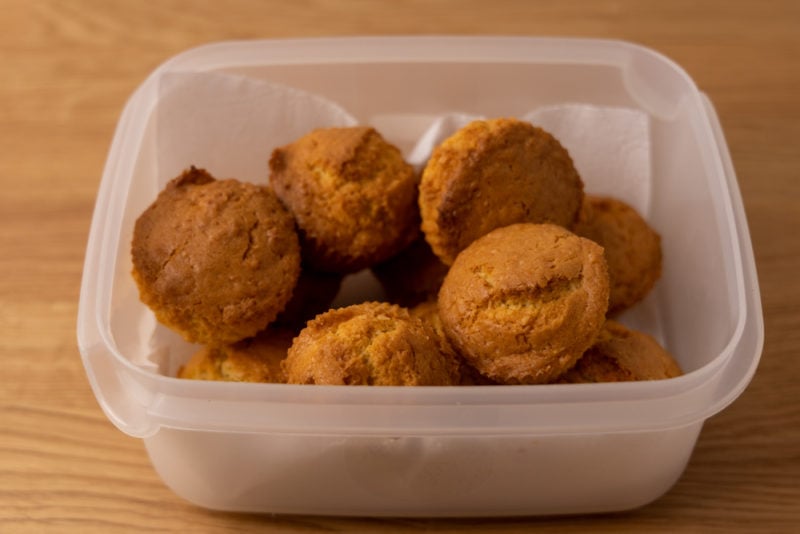
No matter if you only want to store your cupcakes overnight or want them to last for two days (or more), an airtight container is what you need. If your cupcakes are already frosted, make sure it’s tall enough so that it doesn’t squish the tops.
A closed container makes sure the cupcakes don’t dry out as quickly, and therefore they stay fresh for longer. If your cupcakes are rather moist (like muffins), consider placing a paper towel underneath them so that it catches any extra moisture.
If the weather is hot and humid, and your not dairy- or egg-based frosting (e.g., sprinkles) might melt in such conditions, refrigerate your frosted cupcakes.
Finally, if you store your cupcakes in the fridge, give them half an hour on the counter before serving them. Chilled cupcakes usually don’t taste that good.
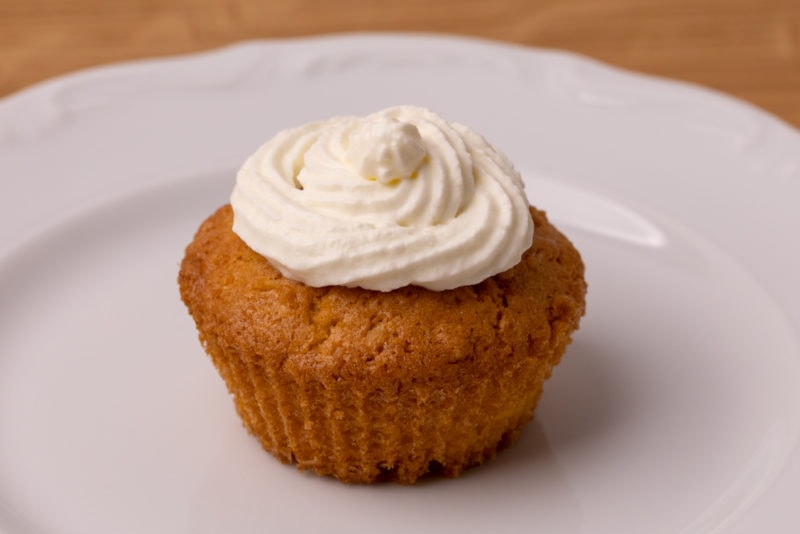
Can You Freeze Cupcakes?
Most types of cupcakes freeze really well, especially unfrosted cupcakes without any filling.
If yours are already frosted or filled, in many cases, you can freeze them too. You just need to know if that frosting or filling freezes well.
If it does, feel free to freeze them. If not, you can still freeze those cupcakes unfrosted and add whatever is needed later on after defrosting.
If you’re following a recipe, check if its author says anything about freezing. If you’re buying your cupcakes in a local bakery, don’t hesitate to ask the clerk if they freeze well or not.
When it comes to the freezing process, it’s quite simple:
- Wrap each cooled cupcake individually in plastic wrap or aluminum foil. That ensures the cupcakes don’t dry out in the freezer. If you don’t plan on freezing them for a prolonged period (like 1+ months), or can’t be bothered with individual wrapping and are okay with slightly worse quality, you can skip this step.
- Place the cupcakes in a freezer bag or container. Label with the name and date if you like.
- Place the bag or container in the freezer.
Please note that cupcakes don’t freeze solid, so make sure you don’t squish them. Or place them in a freezer container to protect them from getting crushed by other foods.
When it comes to defrosting, unwrap the cupcakes and give them an hour or two on the counter to get to room temperature. The larger and denser yours are, the longer they need.
Last but not least, eat those cupcakes the same day you defrost them.
Rotten Records: Share Your Snap!
Caught some food past its prime? Upload your photo to “Rotten Records” and help others spot the signs of spoilage. Every image makes our food community safer and more informed!
